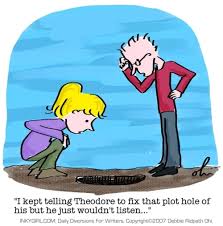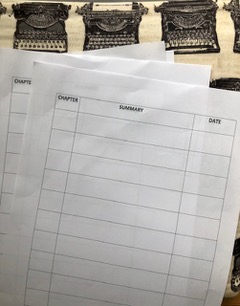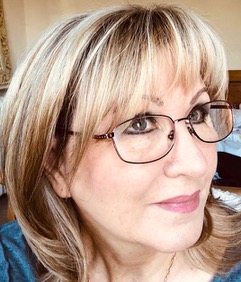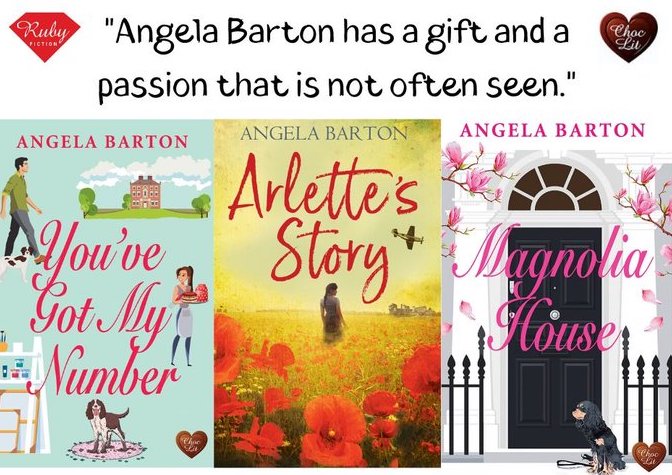What is a Plot Hole?
When we’re editing our manuscripts, it’s so easy to focus on the little details that we want to improve, that we miss our story’s biggest weaknesses. The main oversight in editing is the dreaded plot hole.
A plot hole is an inconsistency or gap in the narrative of our story. It contradicts the flow of logic established in our story. Some examples:
- The personality of a character suddenly changes.
- A secondary character has an obstacle in their life, but it’s never concluded in your story.
- Your readers rarely forgive illogical events. For eg. A character travels to Spain from America and is drinking in a coffee bar later the same morning.
- One of your characters has forgotten an important fact that they knew earlier in the storyline.
How To Find and Correct a Plot Hole in Your Manuscript.
Readers’ suspension of disbelief may ensure that some of your story’s smaller plot holes are missed or ignored. But there’s a limit to how much they will accept. Here are some tips for finding your plot hole:
- Be objective when editing. The easiest way to do this is to step away from your manuscript and leave it for a few days, or longer. Review it later with fresh eyes.
- Refuse to be influenced by your own opinions and emotions. Edit from the perspective of your characters.
- Writing a continuity list can be helpful. I’ve made my own form which lists the chapter numbers along with a sentence or two about the storyline in that chapter and which characters are present. I also make a note of the month/year the scene takes place which also helps with continuity. (see photograph)
- Take time to question the logic of your plot. Does the previous storyline lead to that moment or has a journey or question gone unanswered? Have your characters made choices or said things that don’treflect their personality?
- Keep a checklist of your subplots and make sure all of them are complete. Close all open ends.
- Keep notes on your revised edits. They may open up a future plot hole that needs managing.
- I recommend a professional edit as a safety net to plot holes. If this is too pricey, ask a writer friend to have a read through.
Angela was born in London and grew up in Nottingham. She is married with three grown up children and adorable six-year-old twin granddaughters. She is passionate about writing both contemporary and historical fiction and loves time spent researching for her novels. In 2018 Angela signed publishing contracts for three of her completed novels.
In addition to writing, Angela also relaxes by making landscapes using free motion sewing on a machine. She is a member of the Romantic Novelists’ Association and a reader for their New Writers’ Scheme. Angela is also a member of Nottingham Writers’ Studio, the Society of Authors and Ellipses and Ampersands’ fiction critique group.
Discover more about Angela Barton and her novels here: Twitter | Facebook | Blog | Amazon | Angela is also a member of Apricot Plots.





Such good tips.
It’s hard to stand back and see these holes – so your suggestions of leaving the manuscript for a while is excellent. Therefore, we need to plan this “gap” into our schedules – if a publisher has set us a deadline.
Yes, true. Thank you for reading and for your comment, Angela. xx